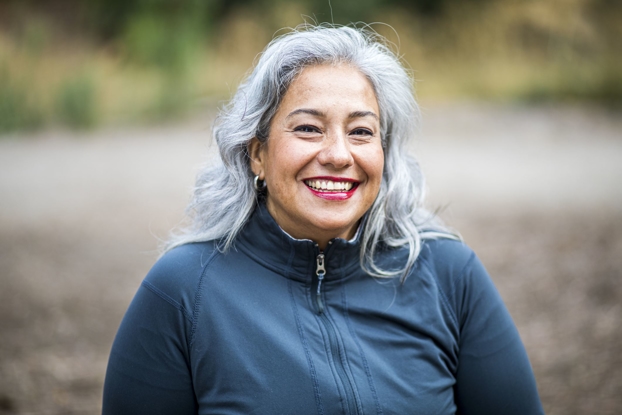Understanding your risk for stroke
- Category: Stroke, Living Well
- Posted On:
- Written By: Toni Rougeou, RN

A stroke occurs when an artery is blocked or ruptures interrupting blood flow to the brain causing brain cells to die. Certain health and lifestyle issues, called risk factors, increase your chance of having a stroke that could lead to serious complications or death.
The good news, 80% of strokes can be prevented by avoiding and controlling stroke risk factors.
Some of the most common stroke risk factors include:
- High Blood Pressure
- Diabetes Mellitus
- Smoking
- High Cholesterol
- Obesity
- Physical inactivity
- Atrial Fibrillation
Most people who have a stroke have high blood pressure (hypertension). High blood pressure is known as a “Silent Killer” because there are no clear symptoms. Nearly half of the American adult population has hypertension and one in six don’t know they have it. Uncontrolled blood pressure can also lead to heart attack, vision loss, heart failure, sexual dysfunction, and kidney failure.
Some non-modifiable risk factors related to high blood pressure and stroke include:
- Family History
- Age – the older we get, the higher the risk of getting high blood pressure
- Gender – until age 64, men are more likely than women, after age 65, women are more likely.
- Race – African Americans have a higher risk.
So, what Healthy changes can you make to prevent high blood pressure and Stroke?
- Know your blood pressure! Normal blood pressure is below 120/80. Check your blood pressure regularly. Check it daily at the same time every day.
- Eat a well-balanced diet, rich in fruits, vegetables, whole grain, low-fat dairy, and low-fat meats. Reduce sodium/salt intake, total fat, saturated fat cholesterol intake.
- Exercise regularly (if approved by your doctor) for at least 30 minutes a day for 4 or more days a week.
- Limit alcohol intake.
- Quit smoking.
- Maintain a healthy weight.
- Take your medications as prescribed
- Manage stress with healthy options.
Controlling your blood pressure is a lifetime commitment, which is possible by following regularly with your health care professional.
Learn to recognize the signs of stroke and why you should take early action at the first symptoms.
For more information on Stroke Prevention and High Blood pressure, prevention visit the American Heart Association and American Stroke Association at www.heart.org or www.stroke.org.
Toni Rougeou, RN, is the Stroke Program Coordinator for University Medical Center New Orleans. University Medical Center is an Advanced Primary Stroke Center with a full stroke team on call 24/7 to immediately care for patients with stroke symptoms.


